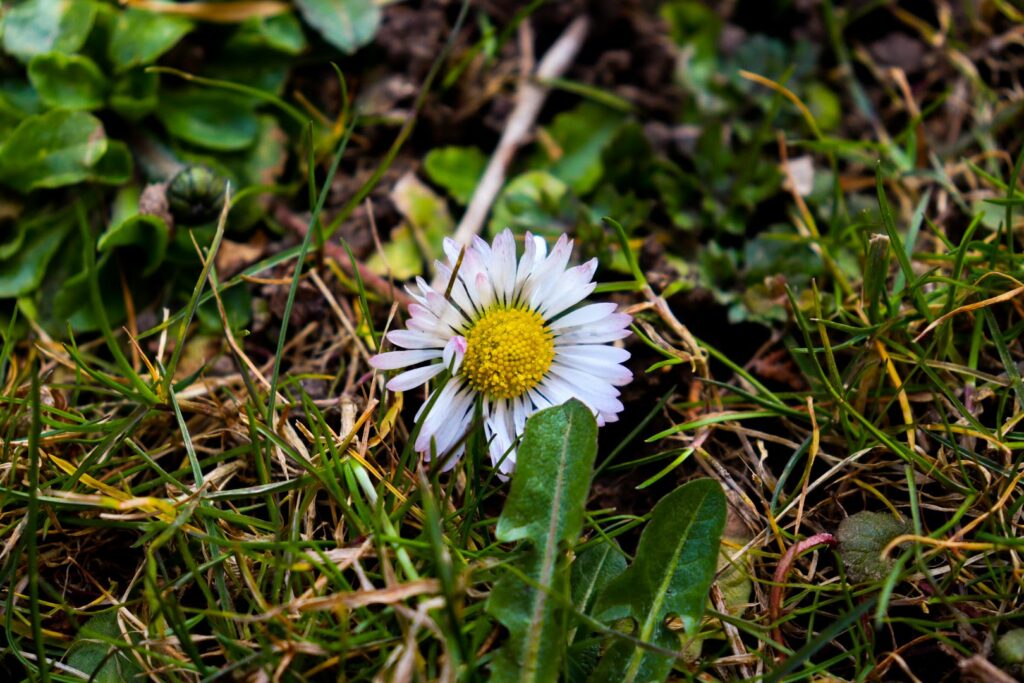6 steps for good dealing with crisis

In this article, I would like to give you 6 steps for a good handling of crisis. We are constantly confronted with major and minor crises. Some of them, we deal with better and others not quite as well. I think that life is also about dealing with crises.
Everyday crises
There are everyday crises that we face every day. Some seem easier and do as a big hurdle. However, most are manageable and we all have strategies in place to deal with them.
This can be the dispute with the partner that we resolve. But it can also be a harder decision to make with how little money you have and how to make ends meet with what you have.
The strategies that we use here, in our everyday crises, we often use in major crises as well. This is partly helpful. That’s why point 2 is so important. It is important to know what my strategies are and to adjust them if necessary. Because these are not always beneficial for me.
Big crises
By major crises I mean things that we have absolutely no control over, like the corona pandemic, a war, natural disasters, etc.
These major crises can throw us off course, even if we are not directly affected. This is due to mirror neurons in our brain, which creates empathy and an understanding of what has actually been experienced. Therefore, external crises that we do not experience ourselves can take a toll on us and turn into a real crisis.
All of the points I have mentioned therefore relate to major crises that affect you more peripherally, or when the acute crisis is already over and personal follow-up care is at stake.
Dealing with an acute crisis
If you are in a crisis yourself, i.e. you are directly affected by it, decisions can make the difference between life and death. Therefore, handling is particularly important here.
In my opinion, the two most important points are:
- Self-protection – get to safety
- Protection of others – if possible, help others to get to safety
The biological stress response to a crisis is usually – fight – flee or freeze.
I don’t know if you’ve heard of it before.
In short, in a crisis we either go into battle and fight – sometimes for survival. Or we flee, bring ourselves to safety, as already described above. As a last option, we freeze. Here we are unable to act and, so to speak, simply let everything happen to us.
This stress reaction is related to our previous experiences, but it can also differ depending on the situation. Often, however, we no longer have the opportunity to make decisions in the situation itself, since the three options are reactions and not conscious decisions. The reaction is located in the brain stem, the oldest part of our brain. If you want to read more about the stress response, here’s a good article about it.

1. Dealing with change
As already described in my article on dealing with change, this was and is a path for me that I still follow. Crises are always changes and therefore the handling is very similar, even if not the same. I would say that dealing with change is, so to speak, the basis for dealing well with crises.
Here is a brief summary of the points I have identified as important:
- Motto: accept it, change it or leave it
- Personal development
- Trust in life
- Mindfulness, living in the moment and celebrating it
- Feel self-confidence and self-efficacy
- Having and maintaining reliable relationships
- Accept change as part of life
- Have wishes, formulate goals from them and pursue them
- Strengthen and celebrate self-love – I am the eye of the storm
- Create and celebrate routines
2. Reflection
I think it’s very important after a crisis to reflect on how you dealt with it.
Because only through reflection can we learn and change something.
When we don’t reflect, we more often act unconsciously, repeating the same patterns over and over again.
Therefore – if you are currently in a crisis, think about how you managed a previous crisis. What did you do well, what might not have helped you so much, what could you do differently in the next crisis? It is best to write down your questions and answers! That’s the best way to keep it in your head, and you can read it again if you want.
3. Optimism

A really important step in dealing with crises is an optimistic attitude.
If you always start with an empty glass, crises can affect you more than if you started with a half-full glass.
I think optimism also includes trust in life. On the one hand, a positive attitude towards life and, on the other hand, the certainty that everything will be fine. Because remember – this life is for you! And it has so many great moments ready for you to experience.
Therefore – think about it honestly, do you have an optimistic attitude towards life or not. If so, everything is great 😊.
If not, think about how you can think more positively. For example, with daily, short, gratitude exercises where you ask yourself what you were grateful for.
4. Get active
One step that always helps is to become active yourself. When I take action, I no longer feel powerless in the situation.
That means that during the corona crisis, I did everything I could to somehow help to end the situation as quickly as possible. Now in the war in Ukraine I donated, both money and stuff that was needed.
My boyfriend and I donate regularly to various institutions anyway, which generally always gives us a good feeling, despite all the world pain I keep feeling.
I also meditate daily and have also participated in various peace meditations. I know this will not bring peace in the world. But what is very important to me – peace begins within me. And hate cannot be fought with hate, only with love. And so it is significant that as many people as possible are in love for themselves, especially towards the aggressors, because they need it most of all.
Now, that may sound very abstract, but I always have Nelson Mandela in mind when I talk about this topic. He came out of prison after 27 years and pleaded for peace and love. That’s exactly what the world needs. Not more hate, war, lies, bad thoughts and feelings, but love, peace, sincerity, good thoughts and feelings. I hope this makes it clearer now why I include meditation when I describe getting active.
Therefore – think about how you can become active. How can you help to improve the situation? And think about where you can become more gentle yourself, distribute more love, possibly also towards yourself.

5. Inform, but don’t catastrophize
An important step for me in the major crises of my life so far (and yes, 2 of the biggest ones have been in the last 2 years!) has been to inform myself but not catastrophize.
What exactly does that mean?
Inform yourself in different ways. Keep in mind that everyone is describing a situation from their own eyes. Truth is ALWAYS subjective! Because everyone has experienced different things, and this experience forms the truth that you then experience.
That’s why I always get information from different places, but I don’t get bogged down in the process. Most of the time I find 2-3 good sources of information for me and then stick to them. At the beginning of a crisis, there are of course even more, but then I reduce them and only consume those that I can trust.
So – get information from different sources, then pick a few that you can trust and stick with those (mainly).
That would bring me to the point of catastrophizing. The flood of information can also overwhelm me. It’s wonderful that we can take part in everything that’s happening so “up close” these days. At the same time, this is a great burden and trouble. It’s difficult to deal with, and I think it’s up to our generation to find a good way to do that.
Therefore – if you notice that everything is getting to be too much for you and you only watch the news, then actively set yourself apart. Read a book, get out into nature, become mindful, meditate, exercise, etc.
6. Find new ways
A crisis always means an opportunity, a new beginning, a change.
This step of dealing with a crisis is closely related to step 3. If I have an optimistic attitude, it’s easier for me to see opportunities in the crisis.
Therefore – use the crisis for yourself as much as possible. Think about it, what can I do differently from now on? Which door is opening for me now that the other is closing?

Summary
So, my steps for dealing well with crises are:
- Look at how you deal with change and change it positively, if necessary
- Reflecting and writing down how to deal with crises
- Have an optimistic attitude or build it up slowly
- Become active through donations, help yourself, meditate, be in love
- Be informed through selected sources, but don’t catastrophize, otherwise take a break
- See the crisis as a new beginning and use it for yourself
The steps have helped me a lot to deal with the crises of the recent years. I am stronger today than before, and every crisis takes me further. That’s why I’ve actually got used to (yes, I’ve learned that!) to see a crisis as an opportunity, even if that may seem a bit strange at first, it has helped me to deal with everything that happens.
I hope the steps can also help you to deal with current or future, but also past crises.
Now I hope you have a nice evening, a good morning or a sunny afternoon.